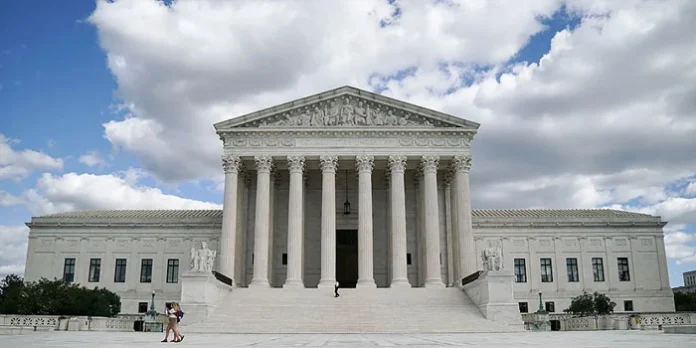The New Jersey Supreme Court has issued a significant ruling in Krug v. State Parole Board (A-12-24/089603), decided August 11, 2025, clarifying how ex post facto protections apply to parole hearings. The case centered on whether retroactive application of a 1997 parole law violated constitutional prohibitions against increasing punishment after a crime has been committed.
The justices rejected the challenge brought by inmate Fred Krug, finding that no such violation occurred. At the heart of the dispute was whether the State Parole Board’s authority to review “all existing information” at parole hearings—reinstated in 1997—unfairly increased the risk of prolonged incarceration for individuals like Krug, whose crimes were committed long before the amendment.
Krug’s crimes date back to 1973, and since then he has faced repeated parole denials, including in 1994, 1995, 2012, and 2016. His disciplinary history includes 30 infractions, though his record has been largely clean since 2003 aside from a 2017 refusal to submit to a search. In January 2023, he became eligible for parole once again. A two-member panel denied his application, citing both older and newer factors from his record and checking boxes on a one-page form to justify the decision. The panel concluded there was a substantial likelihood that Krug would commit a new crime if released, setting his next parole eligibility for 36 months.
Krug appealed, arguing that the 1979 version of the state’s Parole Act allowed the Board to consider only “new information” at repeat hearings, and that relying on older records violated the law in effect at the time of his offenses. The full Board affirmed the denial, and the Appellate Division agreed. When the case reached the Supreme Court, Krug’s attorneys pressed the ex post facto claim, contending that retroactive application of the 1997 law unfairly prolonged his incarceration.
The Supreme Court disagreed. Writing for the majority, Justice Rachel Wainer Apter explained that the ex post facto clauses of both the state and federal constitutions prohibit only laws that increase the punishment for a crime beyond what was originally contemplated. At the time of Krug’s offenses in 1973, the Parole Board was already empowered to review all relevant records when making its decisions. The 1979 law narrowed that scope temporarily, but the 1997 amendment restored the broader standard. Because that broader standard was consistent with the law in place at the time of Krug’s crimes, the Court found no constitutional violation.
The decision also refined how New Jersey courts analyze parole-related ex post facto claims. Earlier rulings, including the Trantino v. State Parole Board decision in 2000, had suggested that purely procedural changes could not trigger an ex post facto violation. The Supreme Court clarified that labeling a law “procedural” does not automatically shield it from scrutiny. What matters, the Court emphasized, is whether the change realistically increases punishment or lengthens incarceration beyond what was possible at the time of the offense.
This ruling underscores the balance courts must strike between protecting inmates from retroactive punishment and ensuring the Parole Board has the tools it needs to make informed decisions about public safety. For policymakers, the case also highlights how decades of amendments to parole laws continue to ripple through New Jersey’s legal system, affecting both individual inmates and the larger debate over criminal justice policy.
Legal observers note that the Court’s decision reflects a cautious approach—one that reaffirms constitutional protections while also deferring to the Board’s longstanding authority. By grounding its ruling in the law as it stood in 1973, the justices avoided opening the door to a wave of similar challenges that could have disrupted parole procedures statewide.
For New Jersey residents, the case also ties into broader questions about the fairness and transparency of the parole process. Critics argue that one-page denial forms and reliance on decades-old conduct can create a sense of arbitrariness, while supporters counter that full access to an inmate’s history is essential to protecting communities. These debates are certain to continue in both courtrooms and legislative chambers.
As New Jersey continues to grapple with questions of criminal justice reform, parole law remains a central issue. The Krug decision reinforces the principle that constitutional protections guard against increased punishment after the fact, but do not guarantee inmates a lighter or more favorable standard than what existed when their crimes were committed. To follow more on the intersection of law, policy, and government decisions in the Garden State, visit Explore New Jersey Politics.











